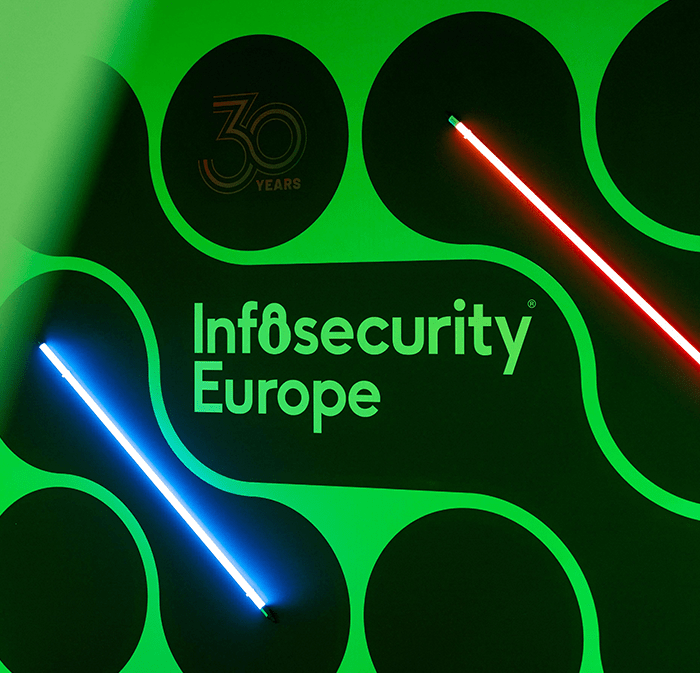Today’s global corporations need to maintain situational awareness across multiple spectrums, ranging from weather, geopolitical instability, imminent threats, local incidents, and everything in between. This has never been more apparent than in early January, when the geopolitical landscape in the Middle East plunged into chaos amid rising tensions between the U.S. and Iran. At hundreds of multinational companies, security professionals started the new year rapidly assessing the region’s new risk profile, to give their company’s leadership the information they needed to make a multi-variable and nuanced decision: How does this series of events impact our business?
Ultimately, that answer will be unique to each company, dependent on the people, assets, and suppliers they have in the impacted region. It will also depend on the company’s tolerance level for risk. Regardless of the end decision, the need for the most real-time and comprehensive information on emerging events has never been more critical.
However, not all information landscapes are created equal. In certain parts of the world, real-time information on emerging events as they happen is far more difficult to access. The view of what is actually happening can be opaque and difficult to assess—due to language barriers, lack of communication infrastructure, sparse media coverage, a state-controlled news industry, or simply differences in time zones—resulting in significant delays in the flow of accurate information. And, most often, it is these opaque regions of the world that are more unstable and prone to major geopolitical turmoil, such as what we saw recently in the Middle East.
Enterprises face a coexisting challenge around the asymmetry of information access and information dissemination that often exists inside large, multinational corporations. A relatively simple decision, like halting employee travel to a region, involves multiple stakeholders working together in real-time. Ensuring that all decision-makers are receiving the same high quality information as events unfold in real time is crucial to making the right decisions in the midst of an unanticipated crisis.
Fortunately for Dataminr customers, they received the earliest accurate and comprehensive information instantaneously, providing enhanced situational awareness and precious extra time to react with confidence. Dataminr’s clients used this critical information in a wide variety of ways. For example, executives at a large European software company immediately halted all travel to Iraq, Iran, and Lebanon. Executives at a global retailer based in the U.S. went further, also canceling all employee travel to Israel, Turkey, and Jordan. A large commodities company altered plans for a shipment in transit. After receiving Dataminr alerts, Dataminr’s aviation customers re-routed planes in real-time, helping to mitigate potential risks such as the Ukraine Airlines tragedy. Some customers even went so far as to evacuate personnel from the region after receiving Dataminr alerts.
The old adage, “knowledge is power” has never been truer than in today’s age of increasing political uncertainty. The world is becoming more unpredictable while information moves at faster speeds, making the need for real-time information more important than ever.




